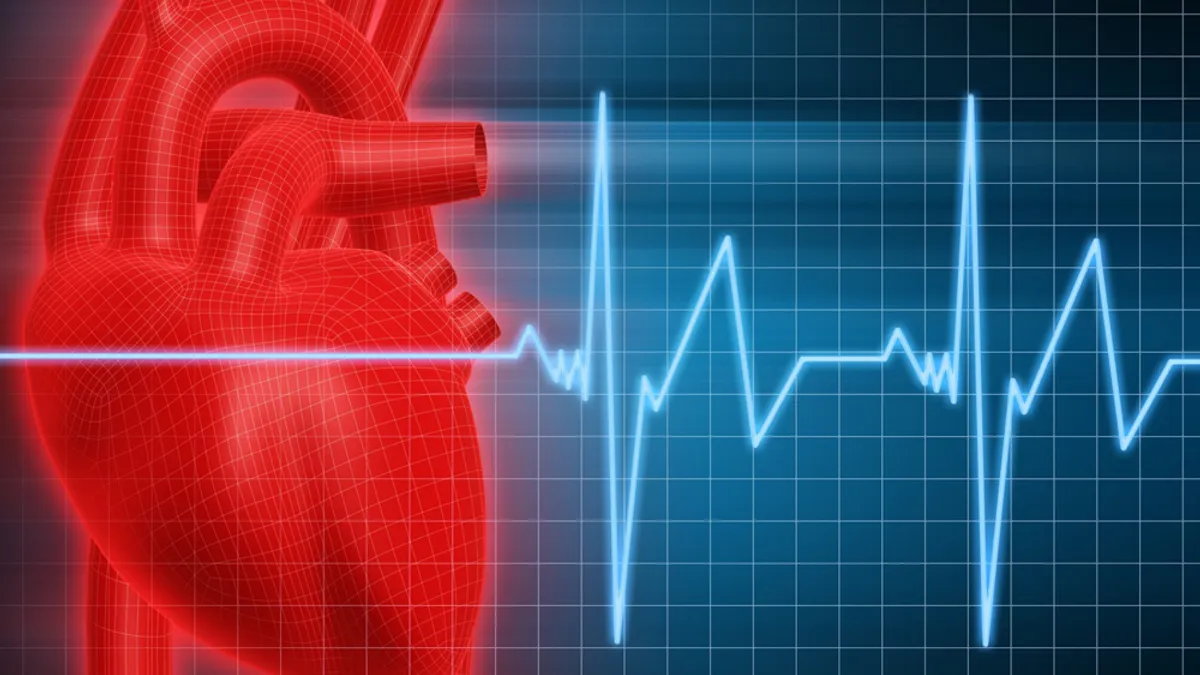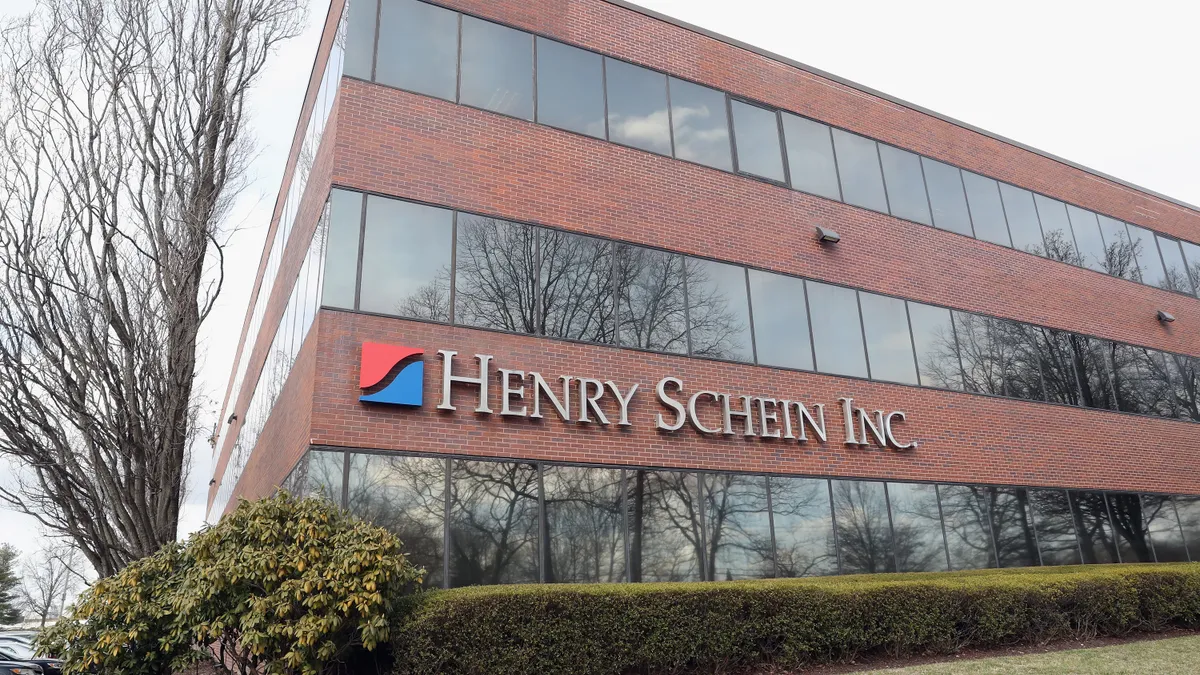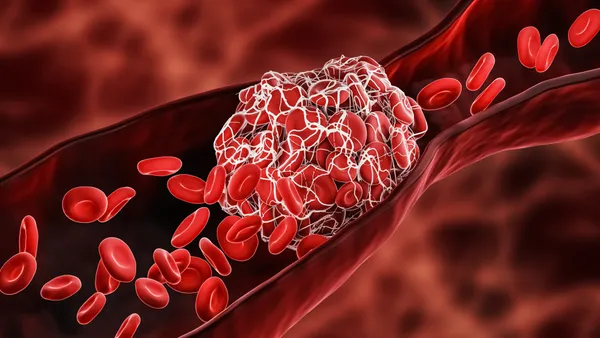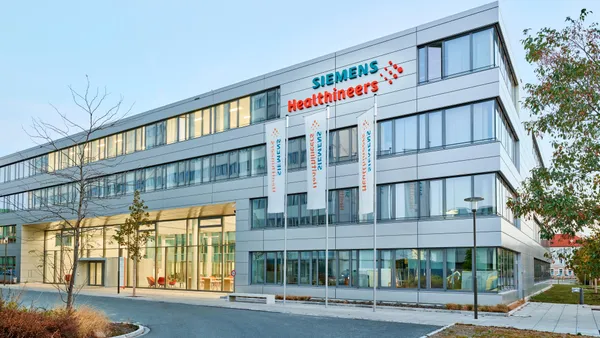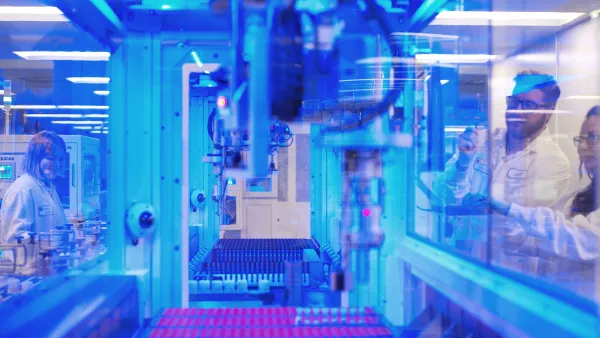Dive Brief:
-
Abiomed has bought preCARDIA to gain control of an investigational treatment for acute decompensated heart failure that has breakthrough designation from the FDA.
-
PreCARDIA is developing a minimally invasive, catheter-based system designed to reduce the time ADHF patients spend in hospital and improve quality of life by delivering programmed intermittent occlusion of the superior vena cava.
-
Analysts at SVB Leerink called the buy a "strategically sound" move that could support double-digit revenue growth while cautioning that Abiomed may need to invest in a sales team to commercialize the product. William Blair analysts had hopes the buy could help Abiomed move past "two years of commercial disruptions" to drive long-term growth.
Dive Insight:
Abiomed has faced challenges in recent years, including double-digit cuts to reimbursement for its flagship Impella heart pump from CMS as well as controversy and a warning from FDA that the company's Impella right pump system had higher-than-expected mortality in a post-approval study.
CFO Todd Trapp, asked about M&A on a recent call with analysts, noted his interest in buying products that enhance the product, for example by increasing utilization or improving outcomes. Yet, the preCARDIA takeover positions Abiomed to expand beyond Impella.
"We view this acquisition as strategically sound, as it will allow the company to build out their long-term product portfolio, potentially positioning the company well to, at some point, return to accelerating double-digit revenue growth with both supportive clinical data (PROTECT IV) and also now a broader pipeline," SVB analysts wrote in a note to investors.
PreCARDIA's breakthrough-designated device consists of a balloon catheter and pump controller. By intermittently occluding the superior vena cava, the system is designed to limit venous return to the heart and thereby treat ADHF clinical hemodynamic targets.
Navin Kapur and Richard Karas at the Molecular Cardiology Research hit upon the idea after carrying out hemodynamic work that showed the heart requires a certain amount of blood coming into it in order to pump effectively. The insight led Kapur and Karas to apply the well-established concept of pulmonary artery catheters to ADHF to improve decongestion.
"In patients with heart failure, there can be an excessive amount of volume that the heart has to deal with. So, this device is a simple design that's designed to specifically reduce the amount of volume that the heart has to deal with," Kapur said in a video released alongside news of the Abiomed deal.
PreCARDIA was founded and incubated by medtech company builder MD Start. Abiomed is buying the company, in part, on the strength of data from a 30-patient early feasibility study that linked the intervention to a significant reduction in cardiac filling pressures and rapid diuresis.
Abiomed plans to share a projected timeline for commercialization later this year. If the device makes it to market, differences in the physicians who use Impella and the preCARDIA device mean Abiomed may need to invest to drive sales of the new product.
"We think it is important to note that these products do address a different call point with the heart failure specialist vs. the current interventional cardiologist. Though presumably, the heart failure specialist is to some extent involved in the heart teams and protocol implementation for cardiogenic shock patients. Also, with this product likely a few years away from commercialization, ABMD has the financial wherewithal to undertake a sales force build out, if needed," analysts at SVB Leerink wrote.

